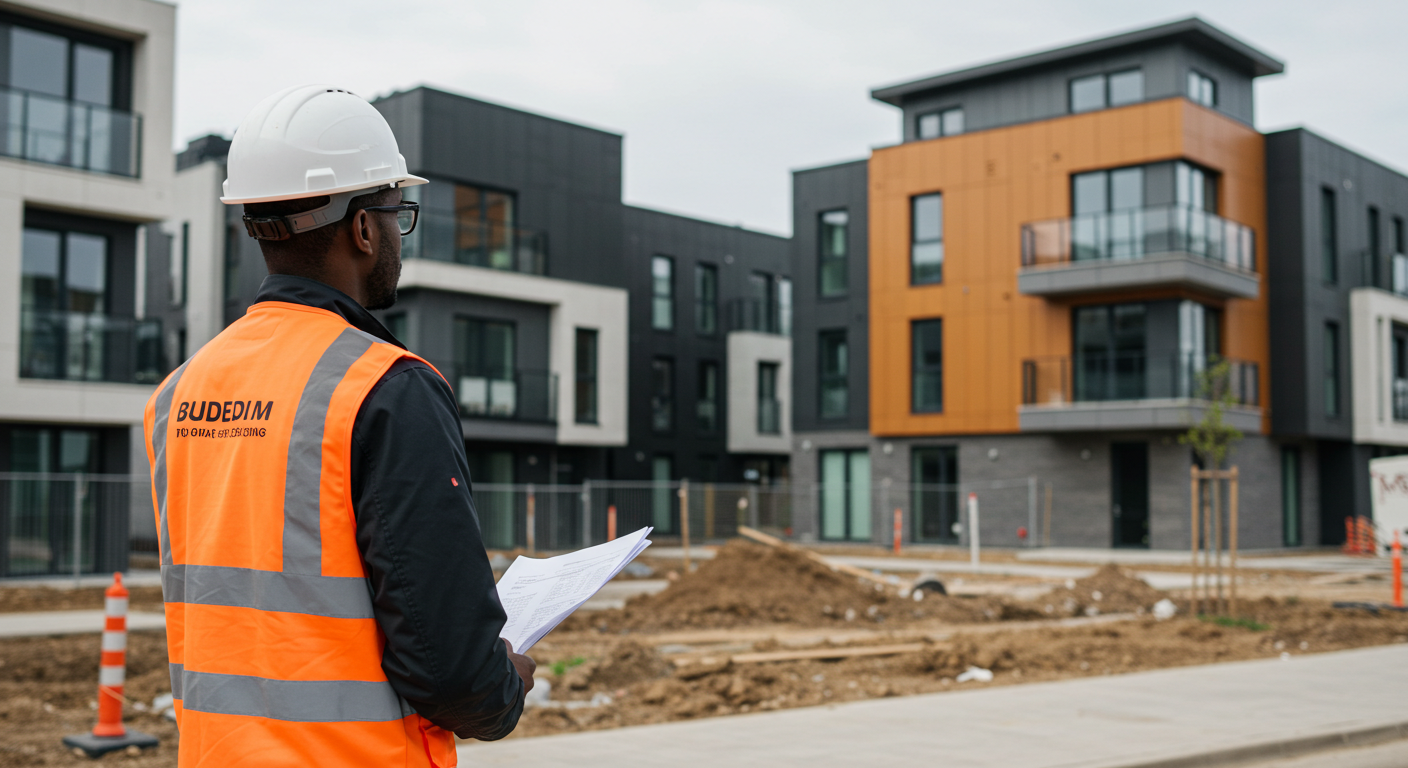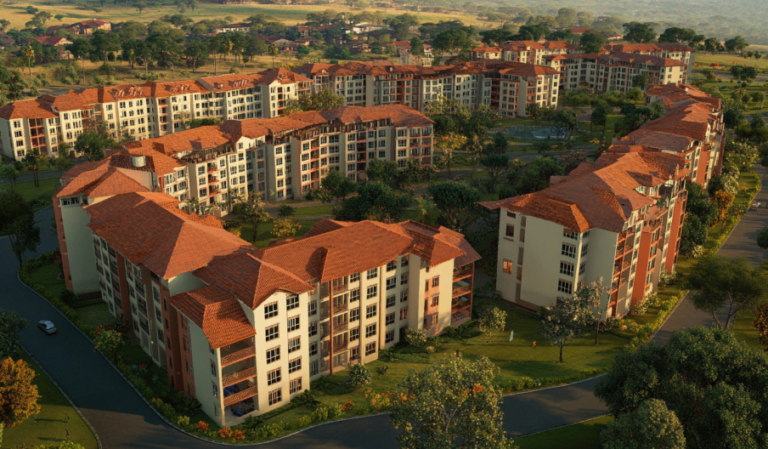Navigating VAT Changes: What Kenyan Developers Need to Know in 2025
- 2025 is ushering in big shifts for Kenya’s real estate developers—particularly when it comes to Value Added Tax (VAT)
- For developers, this isn’t just another tax update, it’s a wake-up call
- Affordable housing projects, once VAT-exempt, may now be partially taxable, depending on their classification.
- The developers who will thrive in 2025 and beyond are those who understand that adaptability is the new competitive edge
2025 is ushering in big shifts for Kenya’s real estate developers—particularly when it comes to Value Added Tax (VAT). If you’ve been paying attention to recent budget statements and tax policy reviews, you’ll notice one thing loud and clear: the government is under pressure to grow its revenue base, and the construction and real estate sectors are firmly in the crosshairs.
For developers, this isn’t just another tax update, it’s a wake-up call.
Let’s unpack what’s happening, what it means, and how to stay ahead.
READ ALSO: Real Estate Taxation in Kenya: What Investors & Homeowners Need to Know
The VAT Shift: From Exemption to Inclusion
Historically, Kenya’s housing sector, especially affordable housing developments, enjoyed a degree of tax relief. Many construction inputs were either zero-rated or VAT-exempt. This was aligned with the government’s Big 4 Agenda, where housing was a priority pillar.
However, times have changed.
In the 2024 Finance Bill, Treasury proposed a review of VAT exemptions in a bid to widen the tax base and reduce the growing fiscal deficit, which currently stands at Ksh 925 billion. As a result:
- Affordable housing projects, once VAT-exempt, may now be partially taxable, depending on their classification.
- Construction inputs like cement, steel, paint, roofing materials, and fittings that were previously exempt are now attracting the standard 16% VAT.
- There’s increasing scrutiny on mixed-use developments, with commercial portions taxed differently from residential components.
This is more than a technical adjustment—it’s a pricing game-changer.
What Does This Mean for Developers?
Here’s the blunt truth: costs are going up.
Project Costs
VAT on construction materials, professional services, and subcontracts means that your overall build cost could rise by 10–20%, depending on your project’s scale and location.
Reduced Margins
Developers, especially those operating in the low to mid-income bracket, are likely to face a squeeze on margins, unless they pass the cost to buyers.
Pricing Dilemma
The demand for affordable housing remains high. Yet, if sale prices go up to accommodate VAT, some buyers will be priced out. Balancing affordability with profitability will be a tough but necessary act.
Case in Point: The Numbers Don’t Lie
Let’s say you’re building a block of 50 units and your input costs (materials + labour) total Ksh 80 million. Under the old exemption structure, your VAT exposure was minimal. Now, with VAT at 16%, that’s an additional Ksh 12.8 million, a figure that can’t be ignored.
You now have two options:
- Absorb the cost and shrink your margin, or
- Increase your sale prices and risk slower uptake
Neither is ideal, but both are real.
What Smart Developers Should Be Doing Right Now
If you haven’t already begun adapting, here’s your roadmap:
Re-evaluate Your Financial Models
Budget forecasts from last year won’t cut it anymore. Redo your feasibility studies with updated VAT rates factored in. Don’t wait until you’re halfway through a project to discover your margins have evaporated.
Review All Contracts
VAT obligations must be clearly stated in your agreements. That is, with suppliers, consultants, and buyers. Clarify who bears the tax burden and protect yourself from disputes.
Get Tax Advisory Support
Now is the time to work closely with tax experts or hire an in-house advisor. Some projects might still qualify for exemptions under special frameworks or incentives like Section 12D of the VAT Act, but only if your paperwork and application are airtight.
Educate Your Buyers
Transparency is key. Communicate why prices have increased and show buyers the value they’re getting. Consider bundling features like solar water heating, security systems, or flexible payment plans to justify the cost.
Join Industry Conversations
Stay informed through KARA (Kenya Affordable Housing Alliance), KPDA (Kenya Property Developers Association), and professional forums. These networks are becoming invaluable for insights, lobbying, and staying ahead of regulatory shifts.
READ ALSO: Types of Taxation in Kenya for a Real Estate Investor
Conclusion
This VAT overhaul is not the death knell for developers. If anything, it’s an invitation to evolve. To become sharper, leaner, more strategic. The developers who will thrive in 2025 and beyond are those who understand that adaptability is the new competitive edge. So don’t wait for things to settle. Start adjusting now because in real estate, those who anticipate change don’t just survive, they lead.








